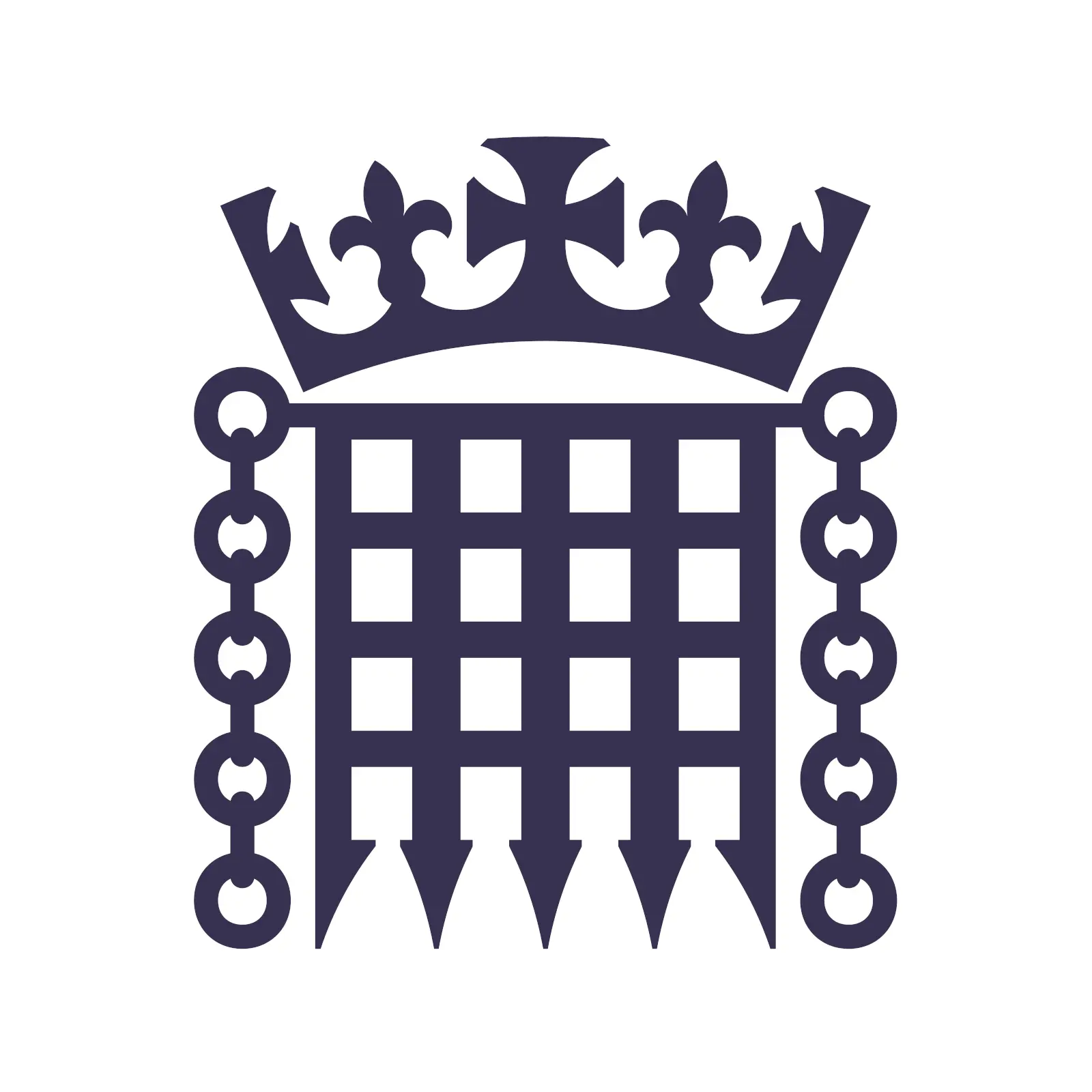The new health secretary said the service has been “wrecked” by the Conservatives and launched an independent investigation.
He has appointed Lord Ara Darzi, a health minister in the last Labour government, to carry out the review and ordered officials to hand over whatever information is needed.
Writing in The Sun, Mr Streeting said: “Honesty is the best policy, and this report will provide patients, staff and myself with a full and frank assessment of the state of the NHS, warts and all.
“It’s going to take time to turn the NHS around - we were honest about that before the election.
"Sticking plasters won’t be enough to heal it. It will require fundamental reform.” It comes after Mr Streeting declared the NHS “broken” on his first day as Britain’s health secretary.
He went on to declare the Department for Health and Social Care (DHSC) is “no longer simply a public service department” but an “economic growth department”, because health and the economy are “inextricably linked” and improving the health of the nation can help to “drive the economic growth of the country”.
“That is a major shift in mindset,” he said. “It’s a rethinking of the role of the department.
“It also means ending the begging bowl culture, where the only interaction the Treasury has with DHSC is that we need more money for X, Y and Z.
“The starting point has got to be, ‘We will help you achieve your mission for growth and improve the prosperity and lives of everyone in this country by making sure that we are with you lockstep in driving growth’.”
[…]
Experts from the Nuffield Trust point out that Labour has inherited a waiting list for pre-planned hospital treatment of around 7.5 million in England – a 66% increase since the start of the pandemic.While progress has been made in some areas, such as cataract surgery, waits for some major surgeries have been slower to get back to pre-Covid levels, experts said.



This is quite interesting, if I’m understanding it right. Historically, the focus has been ‘What can we do that’s cheap in the short-term?’, but switching it to ‘What can we do that will be promote growth in the long term?’ is a genuine shift that might make the NHS (and the state as a whole) cheaper and more effective. It’s at least worth a try, I think.
It also fits neatly with the overall aims of the government in terms of using the state to promote economic growth. Angela Rayner was making similar arguments about justice and mental health just before the election: that investing in those things now will save money in the long term. You can make the same argument about housing and green energy. This seems to be part of the same driving concept.